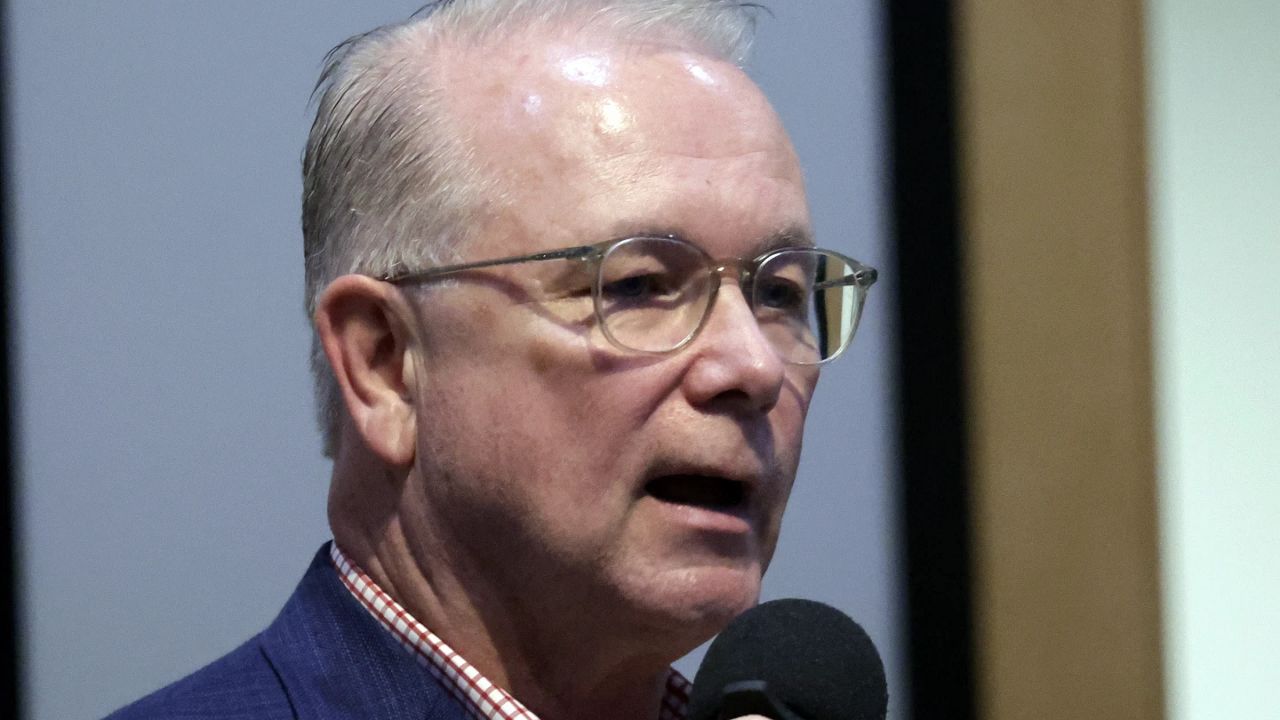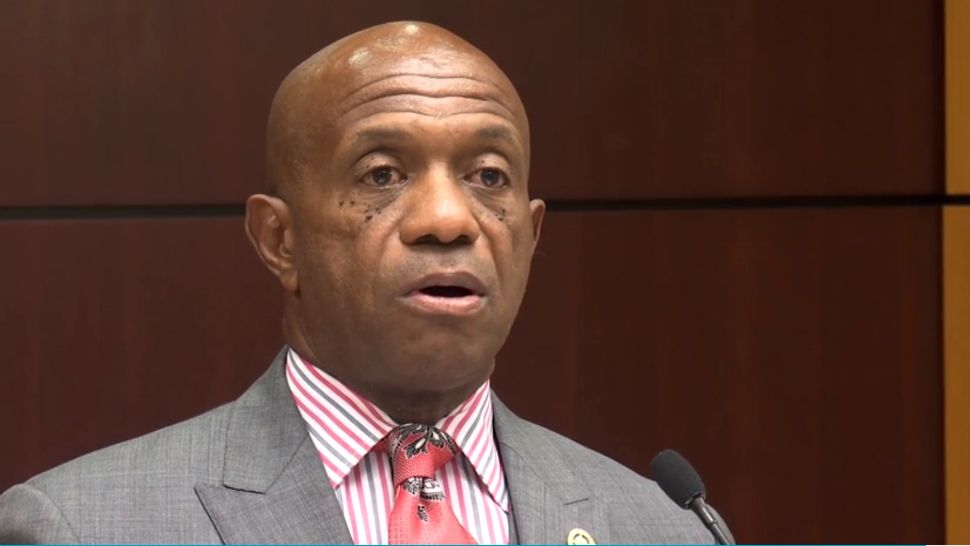RALEIGH, N.C. — Chief Keith Wilder finds himself behind a desk a lot more nowadays. He’s the safety chief for the Raleigh, North Carolina Fire Department.
For years, Wilder regularly suited up to go on calls across the city. He knew it was a dangerous job, but he had no idea up until a few years ago the exact risk firefighters face.
What You Need To Know
- PFAS or “forever chemicals" can be found in foam firefighters use and in the uniforms they wear
- The effects of PFAS exposure can be dangerous
- The Build Back Better Act would devote $95 million for PFAS-free supplies for firefighters
“I had never heard of this in my career,” Wilder said
He’s talking about PFAs or “forever chemicals.”
They can be found in foam firefighters use on certain fires and in the uniforms firefighters wear.
The effects of that exposure can be dangerous.
“Firefighters are experiencing cancer rates and cancer deaths at higher rates than the general population,” Wilder said.
Today, the Raleigh Fire Department says it only uses foam in emergency situations. It uses biodegradable soap for training. It also recently purchased a round of gear with less PFA.
“We’re doing everything we can but we still need help,” Wilder said.
Some help may be coming.
“For local fire departments that are really concerned about the health of their firefighters, this is a real game changer,” said Environmental Working Group Legislative Attorney Melanie Benesh.
Inside President Joe Biden’s Build Back Better Act, which includes items from free pre-kindergarten to climate actions, there’s $95 million to help purchase fire supplies without PFAs. The House recently passed the bill and it’s being debated in the Senate.
“Hopefully, this money will also serve as an important educational tool to let fire departments know that these resources are available, and this is a risk they may have previously not been aware of,” Benesh said.
Wilder said money is important, but he also wants manufacturers to clearly label items that contain PFAs.
“We are trying to protect our folks as best we can. The one thing we can’t do is we can’t change the gear. All we can do now is push on the manufacturing industry [that] we want change, we want this out of our gear,” Wilder said.










